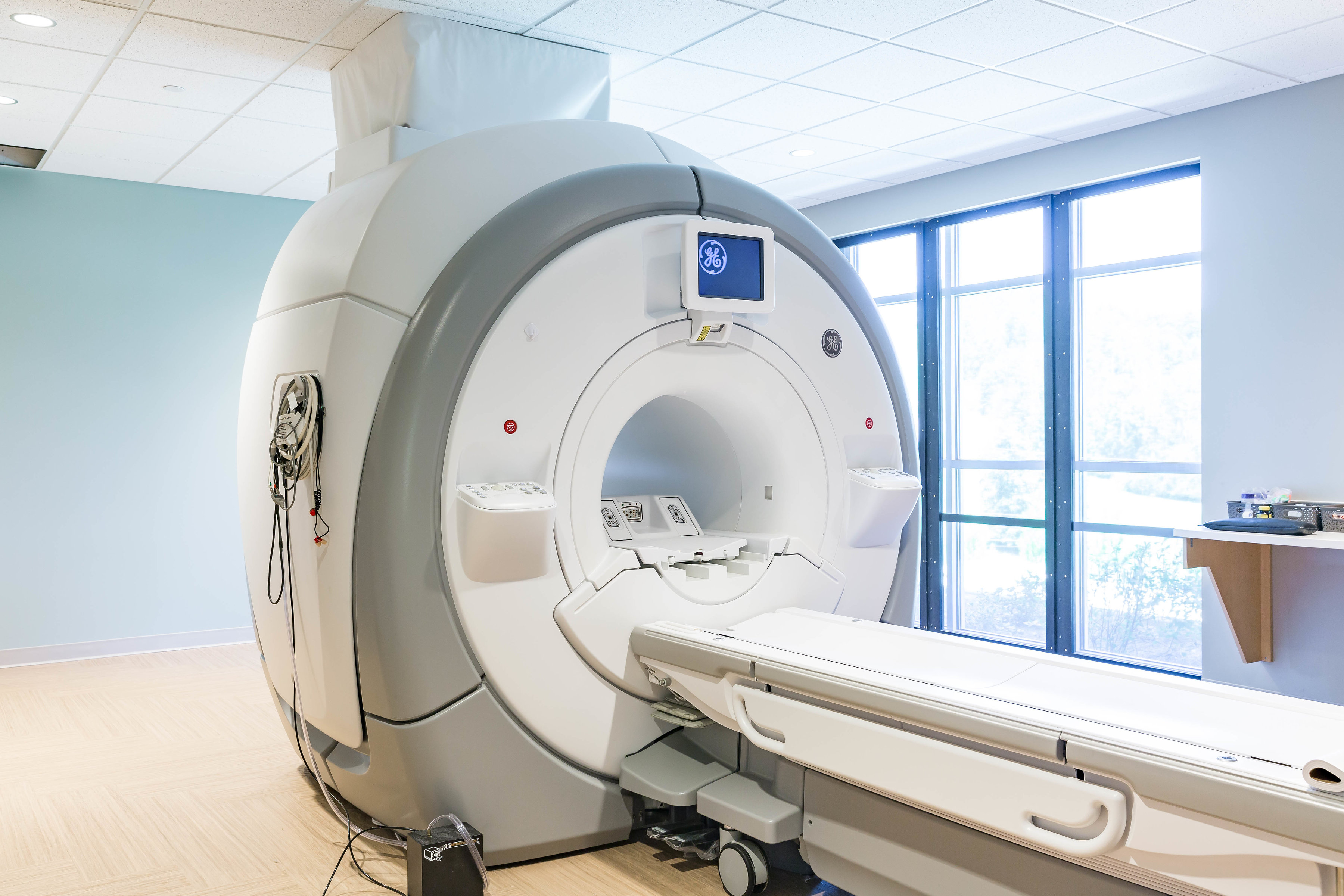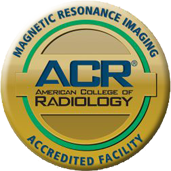MRI Procedures and Safety Measures
 |
Magnetic resonance imaging, or MRI, is a way of obtaining detailed images of organs and tissues throughout the body without the need for x-rays or "ionizing" radiation. Instead, Magnetic Resonance Imaging (MRI) uses a strong magnetic field and radio frequency waves to provide clear and detailed diagnostic images of internal body organs and tissues, such as the brain, spine, and joints that show whether or not there is an injury, disease process, or abnormal condition present. Before your imaging procedure
|
An MRI
Safety Measures
The powerful magnetic field in the MRI machine will attract iron-containing objects and may cause them to move suddenly and with great force. This can pose a possible risk to the patient or anyone in the object's "flight path." Surgically placed implants or objects could be impacted.
Please let the Sonos Imaging staff know prior to your scan if you have any of the following:
- Pacemaker
- Defibrillator
- Implanted Port
- Infusion Catheter
- Vascular Stent
- Aneurysm Clip
- Other Metallic Implant
- Heart Stent
- Shrapnel or non-removed bullet
- Metal in Eye
- IUD
As a patient, it is vital that you remove all metallic belongings in advance of an MRI exam, including hearing aids, watches, jewelry, cell phones, and items of clothing that have metallic threads or fasteners. Additionally, makeup, nail polish, or other cosmetics that may contain metallic particles should be removed if applied to the area of the body undergoing the MRI examination.
For some MRI exams, a contrast material called gadolinium may be injected into a vein to help improve the information seen on the MR images. Unlike contrast materials used in x-ray exams or computed tomography (CT) scans, gadolinium does not contain iodine and, therefore, rarely causes an allergic reaction or other problem. However, if you have a history of kidney disease, kidney failure, kidney transplant, liver disease, or other conditions, you must inform the MRI technologist and/or radiologist before receiving gadolinium.
If you are unsure about the presence of these conditions, please discuss these matters with the MRI technologist or radiologist prior to the MRI examination or contact a Sonos Imaging office near you. Prattville:(334) 676-4520 Birmingham:(205) 453-7525


